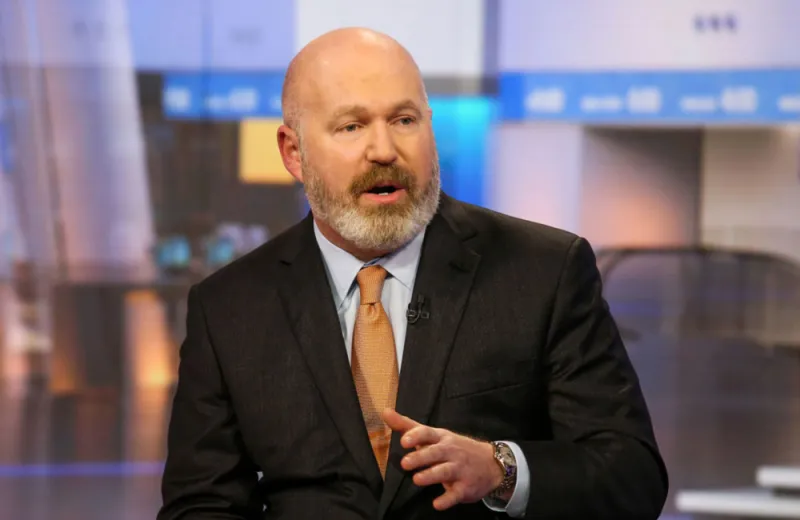Value stocks offer far more to investors than a simple refuge from interest rate hikes.
In a media roundtable on Tuesday, AQR’s co-founder Cliff Asness shared some recent findings about value stocks. According to AQR’s data, the correlation between value stock returns and interest rates over 40 years stands at a mere 0.03, which means that there is little to no correlation between the two variables.
When measured over a shorter term, however, the statistical relationship is stronger. AQR found that over the last 10 years, interest rates and value stocks have had a correlation of 0.34.
There is a reason why investors generally favor value over growth in an inflationary environment. Growth equities rely on long-term gains, so they suffer more than value stocks do from the discounting effect of rising interest rates. Since December, when central bankers started signaling that they intend to raise rates in an effort to battle persistent inflation, investors have had increasingly heated debates about the effect on value strategies.
Although AQR’s findings show that value stocks are not necessarily a hedge against inflation and rising interest rates, investors hardly need to avoid them in the coming months. Instead, Asness explained, there is still “tactical cheapness of value,” even after some fairly strong returns over the past few months. Value is more than just an interest-rate bet, according to AQR.
Asness argues that investors are generally too optimistic about the prospects for growth stocks and that may explain why interest-rate hikes may partially contribute to fluctuations of value factor returns in the short term. “Low interest rates might not justify very cheap value vs. growth, but people think they do because they’re so extreme in their long-term forecast of growth,” he said.
The fact that interest rates only mildly explain value-stock returns should also help shield value investors from yield risks. According to AQR’s regression analysis based on data over the past 10 years, even if the 10-year yield were to drop at some point, it would have to be down by at least 250 basis points for value stocks to deliver negative returns.
Plus, the mildly negative correlation between value stock returns and bond prices suggests that this is a “feature” rather than a “bug,” according to Asness. “Having a high expected return and being negatively correlated to [the] main part of a traditional portfolio is actually a good thing,” he said. “It’s only a bad thing if you have a very strong view that bonds will massively rally.”







